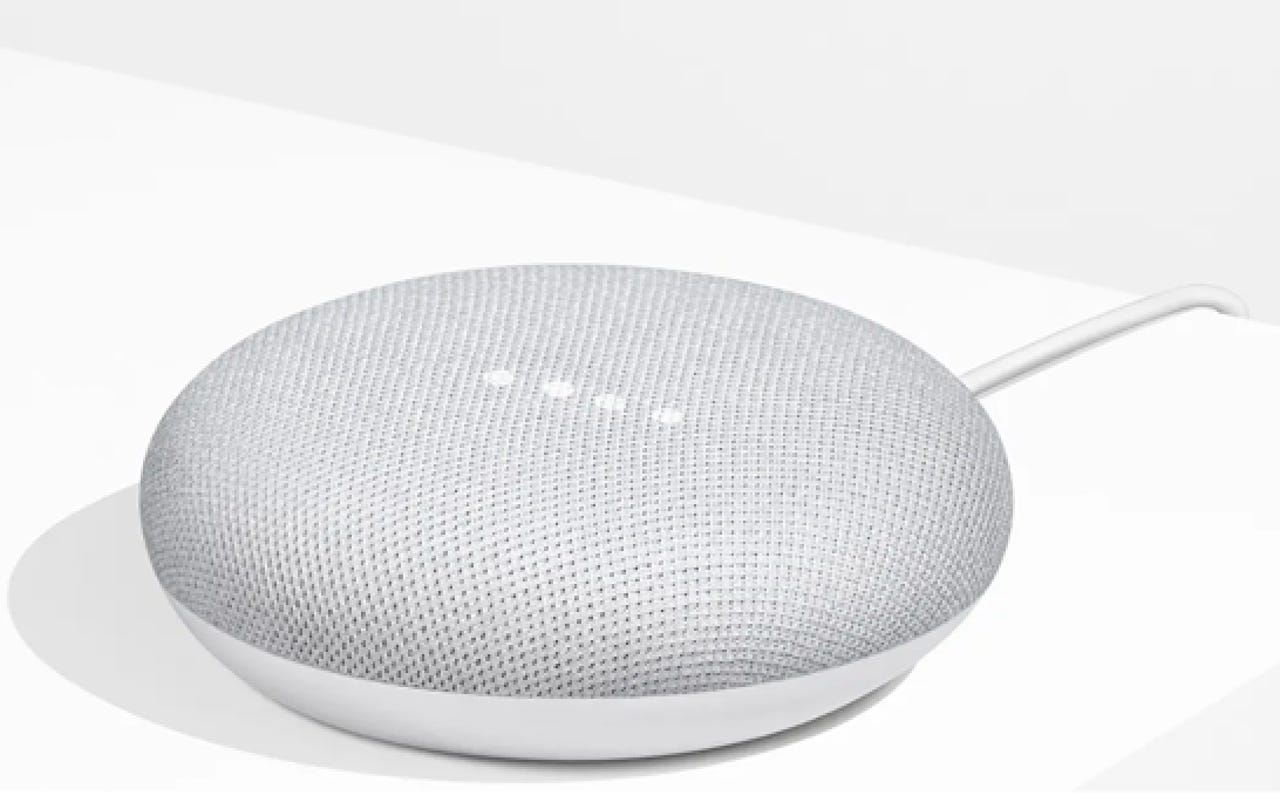Google says leaked assistant recordings are a violation of data security policies


Earlier this week, a report from Belgium-based VRT NWS revealed that Google employees had been "systematically listening" to audio files recorded by Google Home smart speakers and the Google Assistant smartphone app.
The report detailed how employees were listening to excerpts of recordings that are captured when a user activates the device by the usual "Okay Google" or "Hey Google" commands.
After obtaining copies of some recordings, VRT NWS reached out to the users and had them verify their voice, or those of their children, talking to the digital assistant.
Read more: Google uses humans to review Google Assistant queries (CNET)
Google has responded to the report, publishing a blog titled "More information about our processes to safeguard speech data".
The search engine giant confirmed that it uses recordings in partnership with language experts from around the world who "understand the nuances and accents of a specific language", and said the experts review and transcribe a small set of queries to help it better understand those languages.
It is stated in its terms and conditions that a user's conversation will be recorded, and Google's blog post said capturing the interaction is a critical part of the process of building speech technology, and is necessary to creating products like the Google Assistant.
Google, however, has said providing the recordings was a violation of its data security policies.
"We just learned that one of these language reviewers has violated our data security policies by leaking confidential Dutch audio data. Our Security and Privacy Response teams have been activated on this issue, are investigating, and we will take action. We are conducting a full review of our safeguards in this space to prevent misconduct like this from happening again," the blog penned by Google product manager of Search David Monsees said.
See also: Google Home Hub first impressions: A weekend of entertainment
According to Google, it applies a wide range of safeguards to protect user privacy throughout the entire review process.
"Language experts only review around 0.2% of all audio snippets. Audio snippets are not associated with user accounts as part of the review process, and reviewers are directed not to transcribe background conversations or other noises, and only to transcribe snippets that are directed to Google," the blog continued.
The company said the Google Assistant only sends audio to Google after the device has been activated. It also said that sometimes, devices that have the Google Assistant built in may experience what the company called a "false accept", which means there was some noise or words in the background that its software interpreted to be the hotword.
Despite Google saying the audio is captured after a command is heard, VRT NWS said that of the thousand-plus excerpts it listened to, 153 should never have been recorded, saying the command "Okay Google" was clearly not given.
In February, Google detailed that its Nest Guard, the centrepiece of the Nest Secure home alarm system, would soon receive Google Assistant functionality -- meaning the device needed to have both a speaker and microphone. Users were not made aware that the Nest Guard had a microphone at all, however.
Google responded by saying the failure to make users aware of a microphone in Nest Guard was nothing more than a mistake.
Earlier this year, Amazon was found to have been using a team of human staff to eavesdrop on queries made to Amazon Alexa-enabled smart speakers, similar to the process used by Google to improve its voice assistant's accuracy.
Recordings sent to the human teams do not provide full names, but they do connect to an account name, device serial number, and the user's first name to clips.
Some members of the team are tasked with transcribing commands and analysing whether or not Alexa responded properly. Others are asked to jot down background noises and conversations picked up improperly by the device.
Top tips to keep safe around your voice assistant
SEE ALSO
How to solve the creepy concerns of always listening AI
Are our AI devices really listening to our every word? And if they are -- how can we stop them?
Facebook isn't secretly listening in on your phone conversations. Really(CNET)
It doesn't need to.
On-device speech recognition may make smart assistants more appealing(TechRepublic)
Google unveiled the next-generation Google Assistant at I/O 2019, featuring an on-device speech recognition model-bypassing the need to upload voice samples to cloud systems.
Apple and Google battle for the future of privacy
Both companies talk up the importance of protecting your data, but make opposite cases for whether you should share it.